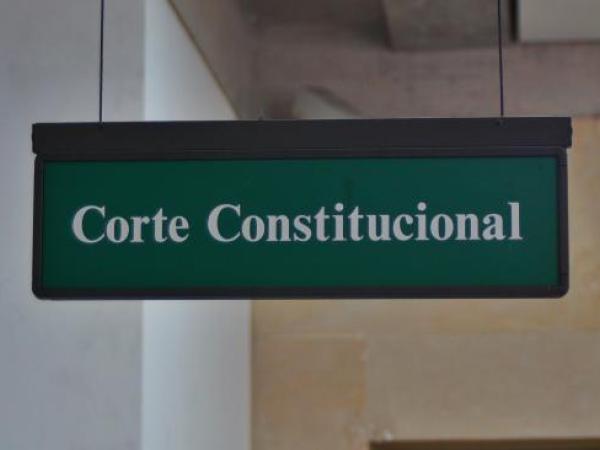AND
On August 19, 70 years passed since the death of Hermila Galindo, an extraordinary Mexican woman, a pioneer of feminism, whose life was an example of commitment to women’s rights. She was born on June 2, 1886, at the former Avilés estate in Lerdo, Durango. She was orphaned by her mother three days after she was born and lost her father when she was 16. She studied commerce, shorthand, typing, telegraphy, and Spanish grammar. At a very young age, she taught in the Comarca Lagunera and worked as a secretary in a law firm in Durango and Torreón.
From a young age, she was aware that a democratic change was necessary in the country and that the dictatorship of Porfirio Díaz had to be fought. When she was 20, she joined a group that defended the ideas of Benito Juárez and was opposed to the government. She had an early commitment to fight for women’s rights. She joined the Maderismo, which fought to end the Porfirian dictatorship. During Madero’s government, she was the private secretary of General Eduardo Hay, a close collaborator of the leader of the Revolution. When constitutionalism arrived in Mexico City at the end of 1914, she gave a speech on the 55th birthday of Venustiano Carranza, who asked her to be his private secretary.
She took advantage of this position to intensify her political activity. She was the main propagandist of feminism during the Mexican Revolution and also of Carranza’s political ideas. In 1915 she directed the magazine The modern womanwhere she criticized the condition of women and promoted the conquest of their rights. She proposed that they should emancipate themselves from religion, freeing themselves from the condition of submission to which Christianity condemned them; to emancipate themselves from men, rebelling against their destiny being marriage, and from the social conditioning that confined them. only and expressly for mending socks and tending to the stew
.
She was one of the organizers of the first Feminist Congress of Mexico, held in Yucatan, under the government of Salvador Alvarado, in January 1916. At that congress, not only the recognition of women’s political rights was raised for the first time, but also the right to decide about their bodies and freely exercise their sexuality. Hermila presented the paper The woman in the future
in which she set out her feminist ideas and proposed sexual education, as well as reforming legislation to prevent male abuse and the legal defenselessness in which women found themselves. She criticized the fact that the consequences of sexuality were unequal, since while women became pregnant, men founded orphanages and nurseries to remedy their sexual adventures.
Her ideas on women’s sexual liberation caused a scandal. Many people accused her of being immoral. She defended herself by arguing that it was not immoral to know their bodies and their impulses and reaffirmed the need to provide sexual education.
That same year, the second Feminist Congress was held in Yucatan. There she reiterated her feminist ideas and said:
“I, ladies and gentlemen, work for this thesis: the emancipation of women from the state of abjection in which they find themselves, and for their dignification, giving them the indispensable means to comfort them in their high mission in society. These are my most ardent desires and they will be the direction of the enthusiastic efforts of my entire life… I seek a high ideal of freedom and progress that, placing women on the same level as men, includes them, not only nominally, in the same enlightenment and justice, but grants them the same rights and the same prerogatives that are known to the stronger sex.”
Later she expressed her condemnation of marriage imposed on women as destiny:
“I openly disapprove of the fact that a woman should traffic in her body, turning it into a commodity to be valued in money, just as I disapprove of a woman forming a family with a man she does not love and perhaps hates, only because convenience demands it, even if such a union is in the form of law and even if it is sanctified with all the blessings of the Church. Without love, marriage is a business, instead of being the center of all intimate affections where virtues are cultivated and where the soul and character of future generations are forged.
“The woman in the home has no rights; excluded from participation in public affairs, she has no personality to enter into any contract, she can neither dispose of her own property nor even administer it, and she is incapable of defending herself even against her husband’s extravagance… She has no authority over her children, has no right to intervene in their education, and is so subject to the will of her husband that the latter, upon his death, may order his spouse to consult the opinion of certain persons, so that, if he does not do so, she may be deprived of the authority of her children.
“This is, ladies and gentlemen, the state of subjection in which Mexican women find themselves, a subjection that I will never tire of repeating, it is engraved by their state of ignorance, and by their lack of prerogatives and rights…”
Seventy years after her death, Mexican women have made progress in many of the rights for which Hermila fought all her life. The best tribute to this woman who was a pioneer of feminism is to read and reflect on her work.
















